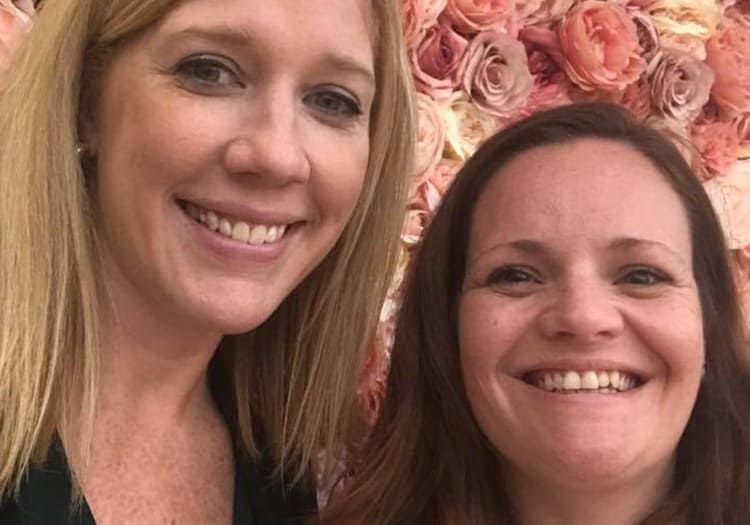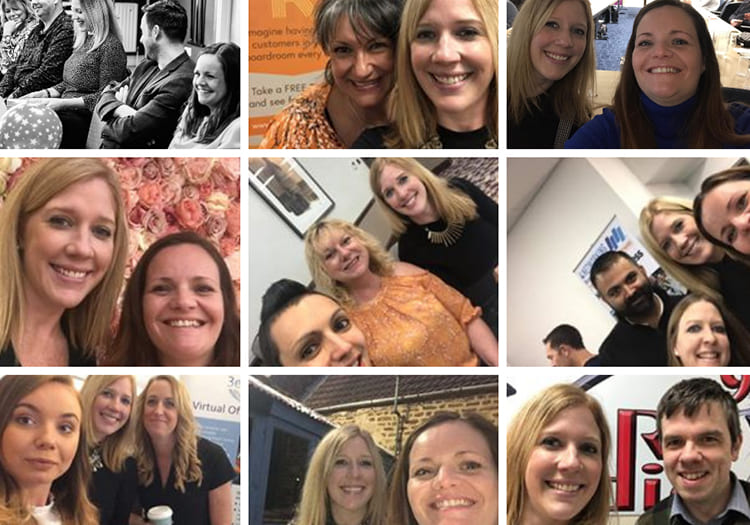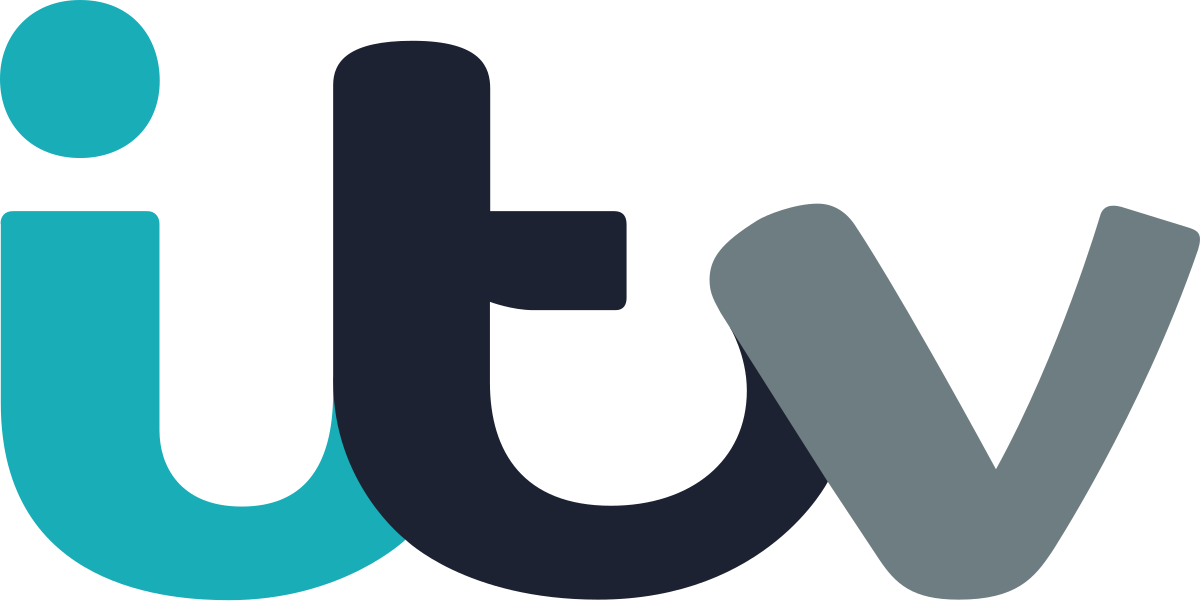Newsjacking: what is it and how do you do it?

When most people think of PR, they think of the distribution of carefully crafted press releases and statements pushed out when a business is either looking to promote something or keep a crisis at bay.
Times have changed in recent years with the rise of social media. News moves so much faster than it used to and the public expects answers quicker than ever too.
But, with this lies an opportunity for business owners and experts. Journalists are under pressure to respond to breaking news and get stories out there that are not only published quickly, but that also carry a different take, angle or opinion to what every other news outlet is putting out.
‘Newsjacking’ is the act of taking a national or international news story and ‘piggybacking’ on the back of it by providing an alternative angle, expert comment, opinion or real-life piece about it that will help you get media coverage.
If you are willing to act fast, learning how to newsjack can result in you securing some great PR coverage for yourself on the back of a topical, national news story. But, just how do you do it?
Twitter, in my opinion, is the ultimate hang out for journalists. Not only is relatively easy to find journalists there and tweet or DM them directly, they use Twitter to find sources for stories or expert comments. Make sure your bio describes you as an expert in your field and carries your contact details, so journalists aren’t scanning all of your tweets for your phone number. Also, check the #journorequest hashtag. National journalists quite often put calls out for people to comment on stories using this hashtag, so keep an eye out for opportunities.
If, for example, you hear a news story being covered on the radio that relates to what you do, contact the station and speak to the news or production team. Suggest that you could talk on a later show that day on this topic. This also works with big events that are coming up that you are certain will make the headlines, for example sporting events like Wimbledon or the World Cup, the Oscars, or Awareness Days like International Women’s Day. On occasions like this, contact the media in advance the same way you would ordinarily pitch an idea to a journalist, editor or producer.
Whilst all of the above sounds good in theory, timing – which is usually everything in PR as it is – really does make the difference between securing loads of coverage and none at all when it comes to newsjacking.
Obviously, the story or topic still needs to be ‘news’. Secondly, you won’t be the only person looking to use this story as a vehicle for securing some press coverage for yourself and your business, so you need to beat them to it! So, if you hear a breaking news story that relates to what you do, you can’t afford to wait. Make contact right away – even if you don’t have statement or anything prepared. Just put yourself forward, citing your credentials and what you can bring to the story. If you can, send links to previous press work you’ve done, or a blog or podcast, so they can see how you would be on air or how you come across in print.
So, while newsjacking, by its very nature, may seem ‘off the cuff’, fast and responsive, there is a lot of work you can be doing NOW to better your chances later on.
Here are my Top Tips:
- Build up a portfolio of press cuttings and media appearances which, not only gives you social proof that you are an expert in your field, it also shows prospective journalists what you would be like if you were to appear on their show, podcast or in print. It will also help boost your SEO activity, increase engagement on social media, and help you to build an audience.
- Start watching the news channels and subscribing to news alerts so you can hear about the breaking stories first.
- Start engaging with journalists on Twitter and laying the foundations for a relationship.
- Start following the #JournoRequest hashtag.
- Look up any awareness days or big events coming up and plan your PR activity for the year in advance (I use Janet Murray’s Media Diary). I recently worked with a company who were launching a product relating to electric vehicles and were looking at an October launch date. I saw that it was Road Safety Awareness Week in November and we pushed back the launch to coincide with this and it led to more press coverage.
- Blog regularly. As well as searching on Twitter for experts to comment on stories, journalists – like all of us – ‘Google’ it too. If you have been pushing out regular, consistent copy that showcases your knowledge on a particular subject, not only will you make it easier to get found in relation to those search terms on Google, you are demonstrating you are that elusive expert they are looking for.
All of this regular, ongoing activity will really help you when that golden newsjacking opportunity presents itself.
Latest Articles
A picture paints a thousand words
The saying goes that ‘a picture paints a thousand words’. That being said, a good photo can also bring ...
Is pr part of your growth strategy?
Public relations (PR) is one of the most cost-effective ways that businesses can raise awareness yet many do not include ...
Ballyhoo PR launches in Corby
Ballyhoo PR, a brand new company offering PR and copywriting services to businesses, has launched in Corby. Based at ...
To new adventures and following your dreams
Walt Disney once said: “All our dreams can come true if we have the courage to pursue them.” That ...












